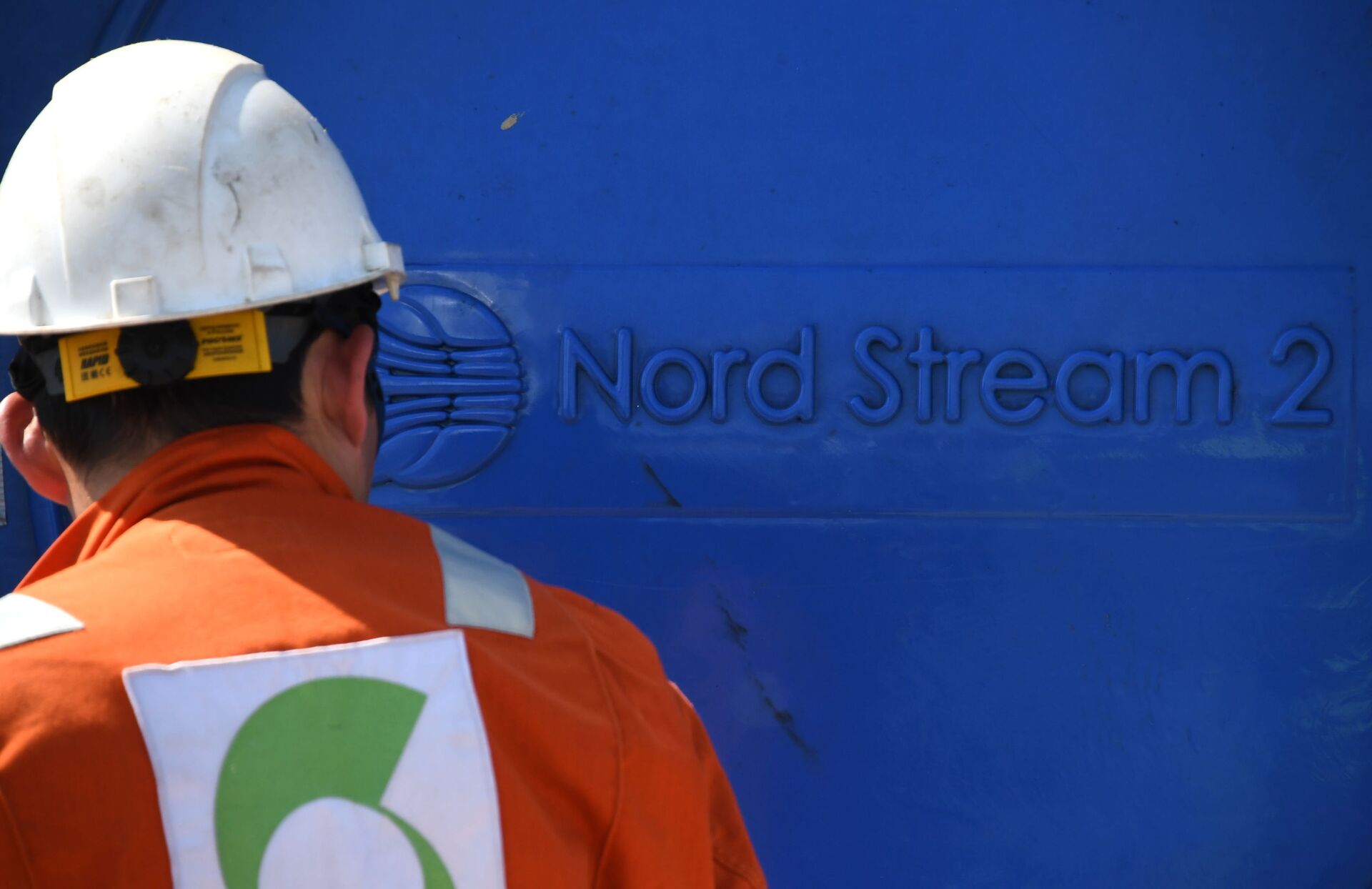The United States on Friday imposed sanctions on 3 Russian entities and 13 vessels over their participation in the Nord Stream 2 project, according to the Department of Treasury.
Among the sanctioned vessels are the Akademik Cherskiy, the Vladislav Strizhov, the Yury Topchev and the Baltiyskiy Issledovatel, along with others. The sanctioned companies are Russia's Marine Rescue Service, Mortransservice, and the Samara Heat and Energy Property Fund.
Certain transactions with Marine Rescue Service, however, will still be allowed, despite sanctions.
"All transactions and activities prohibited by [the sanctions]… involving Federal State Budgetary Institution Marine Rescue Service (MRS), or any entity in which MRS owns, directly or indirectly… that are not related to the construction of the Nord Stream 2 pipeline project, the TurkStream pipeline project, or any project that is a successor to either such project, are authorized," the Treasury Department said.
The move to impose sanctions on Russian entities and vessels involved in the construction of Nord Stream 2 comes shortly after the US State Department issued a report under Protecting Europe's Energy Security Act (PEESA), listing those involved in the pipeline project.
The Biden administration also moved to waive sanctions against the Nord Stream 2 AG corporation and its CEO, Matthias Warnig, with US State Secretary Antony Blinken saying that the decision is in the US "national interest".
Nord Stream 2 is a gas pipeline slated to deliver up to 55 billion cubic metres of Russian natural gas to Europe annually. However, the project has met strong opposition from the United States, with Washington claiming that the endeavour threatens European energy security and suggesting its own liquefied natural gas output as a purchase alternative.
EU countries, particularly Germany, argue that it is not up to Washington to make decisions on European energy security, defending Nord Stream 2 even in the wake of US sanctions.
Moscow has repeatedly underlined that the project is purely economic, and the way in which the White House opposes it is an example of unfair competition.



